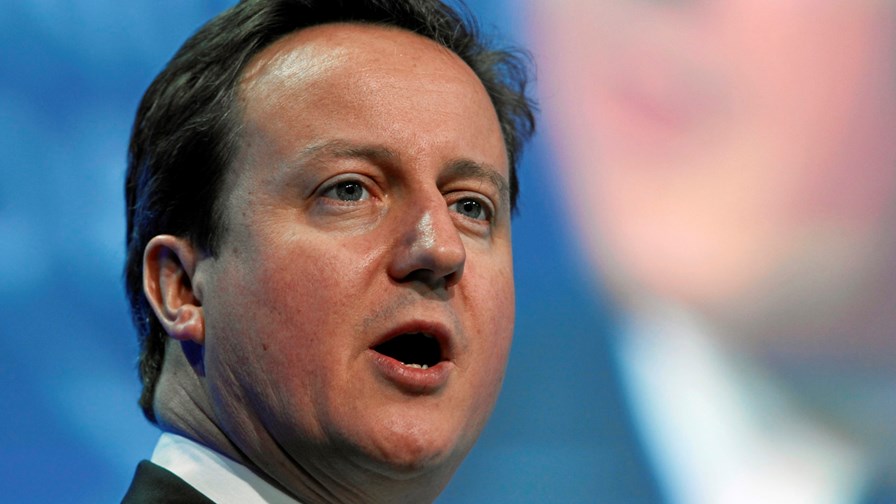
© Flickr/CC-licence/World Economic Forum
Terrorism is serious threat to all of us, and with every new attack and tragic loss of life comes repeated calls to deny these groups the opportunities and freedoms to plan and execute future actions. Unfortunately, communications services are often at the heart of these calls, and the desire to curtail their use by terrorists inevitably affects the rest of us.
The recent horrendous events in Paris could have far reaching consequences for messaging services. UK Prime Minister David Cameron is now setting his sights on encrypted messaging, and, in what is an election year in the country, threatens to ban applications like Telegram, and even more general services such as WhatsApp.
“In our country, do we want to allow a means of communication between people which, even in extremis, with a signed warrant from the Home Secretary personally, we cannot read?” said Cameron yesterday. “My answer is no we must not. The first duty of any government is to keep its people safe.”
Cameron made the distinction between communications data and the “more contentious” area of accessing the actual content. His government has already legislated for the former, although this will fall away in 2016. At which point, if he is re-elected as Prime Minister, he pledges he will introduce a new, more “comprehensive piece of legislation” that also covers the latter.
Such a move will no doubt alarm open rights and privacy groups and will face substantial opposition, and claims that he wants another crack at the so-called “snoopers’ charter”, but Cameron is clear that he “will not allow terrorists safe places to communicate with each other”. Like it or not, we are entering an age of increased surveillance, and the Paris attacks only make it more difficult to deny the security services new powers.
If Cameron does indeed get re-elected in May as head of a Conservative government (as opposed to the current coalition), and that’s a strong possibility, and manages to get his new legislation through parliament, then GCHQ will have the legal right to access the content of all forms of electronic communications, subject to been granted the necessary warrants. And that will only work if the messaging providers enable such access. In the wake of Edward Snowden’s NSA revelations, we’re seeing an increase in the number of “secure” and encrypted messaging and chat applications, such as Telegram. If these companies deny access, then their use in the UK would be prohibited.
But whilst Telegram is designed and marketed as an encrypted messaging service (with the sales line “Taking back our right to privacy”), and thus is an obvious target for the UK government, other services – including WhatsApp, iMessage and Snapchat – still encrypt their data traffic. What if Facebook and Apple deny authorities access? Will they too be banned? And if they do relent and open up their code, how will their customers react?
Only last week the Spanish authorities cited the use of encrypted email from US-based Riseup in the arrest of several suspected terrorists. For its part, Riseup said on its blog that: “Many of the ‘extreme security measures’ used by Riseup are common best practices for online security and are also used by providers such as hotmail, GMail or Facebook. However, unlike these providers, Riseup is not willing to allow illegal backdoors or sell our users’ data to third parties.”
Meanwhile, expect more rhetoric from supporters of both sides of the argument.
“It is wholly unacceptable for this tragedy in Paris to be used as a means to call for a return of the snoopers’ charter,” said Emma Carr, director of Big Brother Watch. “It is the wrong solution and would divert resources from focused surveillance operations at a time when the agencies are already struggling to cope with the volume of information available.”
“I'm not particularly interested in all this civil liberties stuff when it comes to these people's emails and mobile phone conversations,” countered Boris Johnson, London Mayor. “If they're a threat to our society then I want them properly listened to.”
Email Newsletters
Sign up to receive TelecomTV's top news and videos, plus exclusive subscriber-only content direct to your inbox.




